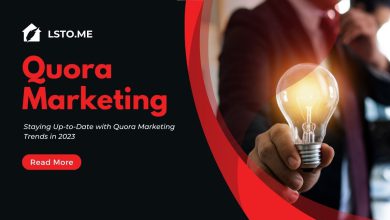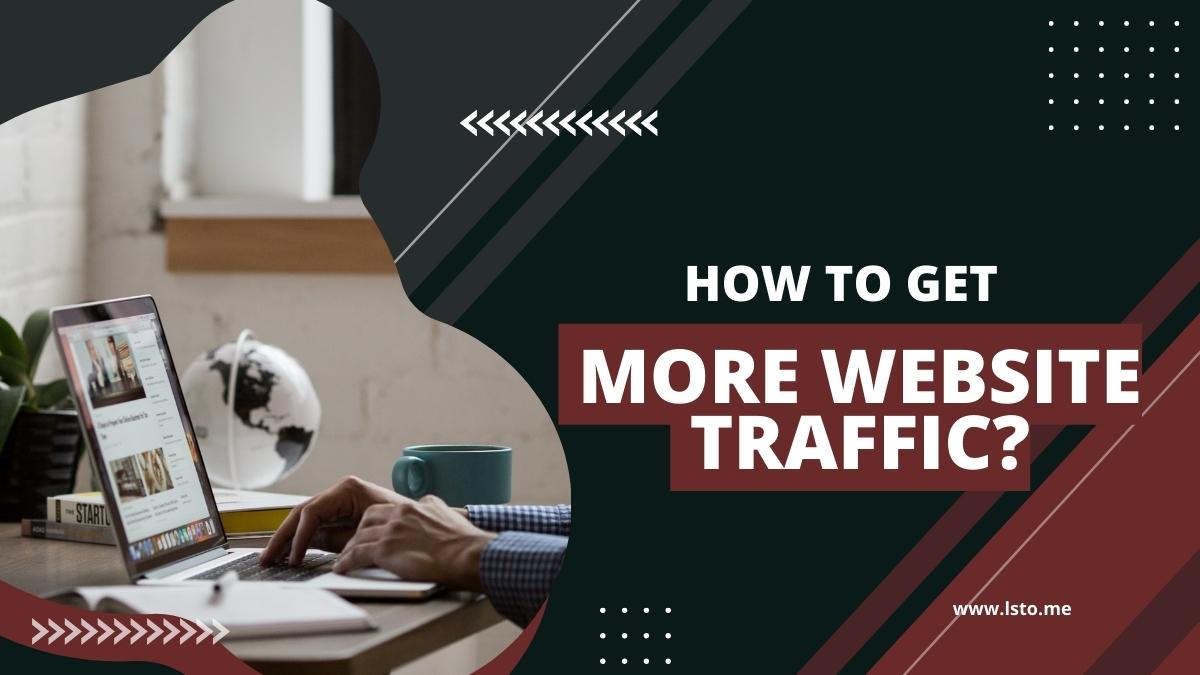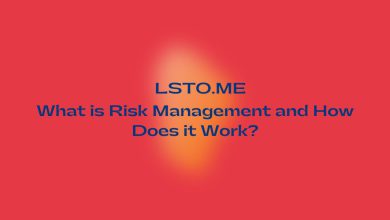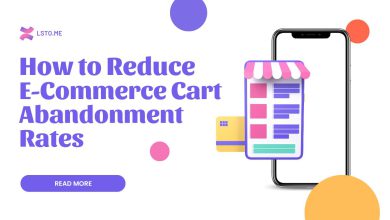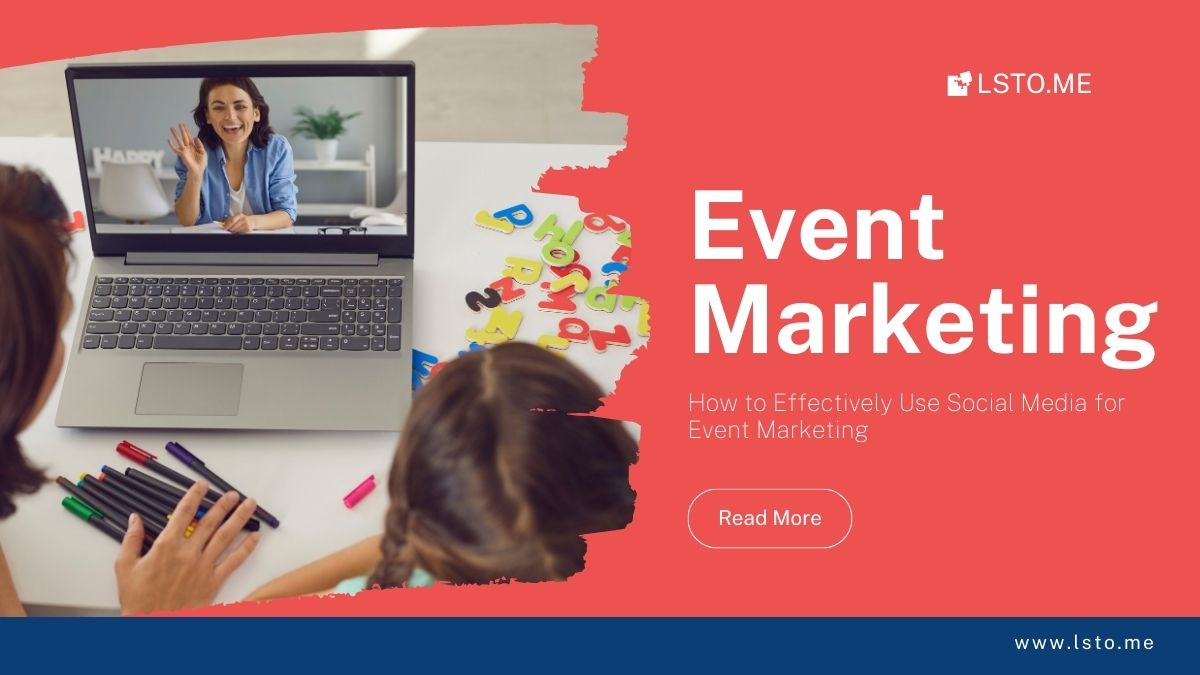
Social media has revolutionized the way businesses market their events. With the right strategies and tactics, social media can help you reach a wider audience, generate buzz, and drive attendance. In this blog post, we’ll discuss how to effectively use social media for event marketing.
1. Choose the Right Platforms:
Social media is a powerful marketing tool that can make or break an event’s success. However, not all social media platforms are created equal. Each platform has its strengths and weaknesses that impact the way people interact with them. Therefore, it’s important to choose the right platforms for your event marketing strategy.
Firstly, identifying your target audience is crucial in determining which platforms to use. For example, if you’re targeting young adults, Instagram and Snapchat might be more effective than LinkedIn or Twitter. Secondly, consider the type of content you want to share and how each platform’s format can support it. Visual content like photos and videos work well on Instagram while Twitter is better suited for short updates and breaking news.
In addition to these factors, it’s also essential to assess each platform’s engagement levels through analytics tools like Hootsuite or Google Analytics.
2. Create a Hashtag:
In today’s digital age, social media has become a critical tool for event marketing. It’s no surprise that most people love to share their experiences online with friends and family. That’s why creating a hashtag for your event can be an effective way to promote it and encourage attendees to share their experiences on social media.
A well-crafted hashtag can create buzz around your event and make it easily searchable on various social media platforms. It will also make it easier for people to find information about your event, especially if they are not familiar with your brand or organization. Therefore, when you’re creating a hashtag for your event, ensure that it’s short and easy to remember while still being unique enough to stand out from the crowd.
Another benefit of having a unique hashtag is that it allows you to track mentions of your event across different social media platforms.
3. Leverage Influencers:
Social media has revolutionized the way event marketing is done. One of the most effective ways to leverage social media for event marketing is by collaborating with influencers. Influencers are people who have a large following on social media platforms and can help you reach a wider audience. They can also generate buzz around your event, which can lead to increased brand awareness and ticket sales.
Identifying influencers who are relevant to your event is crucial. You want to make sure that the influencer’s audience aligns with your target demographic, so you’re not wasting time and resources on an ineffective collaboration. Social media analytics tools like Hootsuite or Sprout Social can help you find influencers in your niche. Once you’ve identified potential influencers, do some research on their content and engagement rates before reaching out for collaboration.
4. Share Visual Content:
Visual content is a key factor in event marketing strategy. Social media for event marketing has revolutionized the way we promote, communicate, and engage with our target audience. Visual content such as photos and videos can help to showcase your event more engagingly and dynamically than text alone. In this article, we will discuss why sharing visual content is essential for successful social media event marketing.
Firstly, visual content captures attention quickly and effectively. Research suggests that people process visuals 60,000 times faster than text, which means that visual content can help you to convey your message much more efficiently. Secondly, visual content helps build brand recognition and credibility among your target audience. Sharing high-quality images or videos of an event can create a lasting impression on people’s minds about the quality of the experience they could have if they attend one of your events.
5. Run Social Media Contests:
Social media is a powerful tool for event marketing, and running social media contests can be an effective way to engage your audience and incentivize them to spread the word about your event. By creating a contest that encourages participants to share your event on social media, you not only increase brand awareness but also generate buzz around your upcoming event.
To make the most out of your social media contest, it’s important to set clear goals and define the rules of engagement. You can choose from a variety of contest formats such as photo or video submissions, giveaways, quizzes, or polls. Whatever format you choose, make sure it aligns with your overall marketing strategy and resonates with your target audience.
Another key factor in running successful social media contests is selecting appropriate prizes that are relevant to your brand and valuable enough to motivate participants.
6. Promote Early Bird Tickets:
Promoting early bird tickets can be an effective strategy to increase attendance and sales for any event. Offering special discounts or incentives to those who purchase tickets early can give them a sense of exclusivity and encourage them to commit earlier than they might otherwise. One way to promote early bird ticket sales is through social media marketing. By using platforms such as Facebook, Twitter, and Instagram, event organizers can reach a wider audience and get the word out about their promotions.
To effectively use social media for event marketing, it’s important to create content that captures people’s attention. This could include eye-catching graphics or photos, catchy taglines that highlight the benefits of purchasing early bird tickets, or behind-the-scenes looks at what attendees can expect from the event. Social media influencers with large followings can also be used to spread the word about your promotion among their followers.
7. Engage with Attendees:
Social media is a powerful tool for event marketing, but it’s important to remember that it’s not just a one-way street. Engaging with attendees through social media is crucial in creating a successful and memorable event. By responding to comments and messages, you not only show that you value their participation but also create opportunities for further engagement.
Social media allows for real-time interaction with attendees before, during, and after the event. Responding to questions or concerns can help alleviate any doubts they may have about attending while also creating excitement and anticipation leading up to the event. During the event itself, actively engaging with attendees on social media can provide an added layer of interaction beyond face-to-face interactions.
Furthermore, by acknowledging attendee feedback and addressing concerns promptly, you demonstrate your organization’s commitment to providing an exceptional experience for all who attend.
8. Measure Your Results:
Social media has become an essential tool for event marketing, and it has revolutionized the way brands interact with their target audience. However, measuring the success of your social media campaign is critical to understanding whether you have hit your targets or not. Engaging social media analytics tools can be of great assistance in tracking metrics such as engagement, reach, and impressions.
The engagement metric measures how much interaction your event’s social media content generates from users. It entails likes, comments, shares of posts, and any other action that a user takes on your page. The reach metric focuses on the number of people who see your content within a specific period. It is determined by factors such as geographic location and demographics. By leveraging these metrics alongside others provided through analytics tools like Google Analytics and Facebook Insights, you can measure how successful your event marketing efforts are.
Conclusion
Social media is a powerful tool for event marketing. By choosing the right platforms, creating a memorable hashtag, leveraging influencers, sharing visual content, running contests, promoting early bird tickets, engaging with attendees, and measuring your results, you can effectively promote your event and drive attendance.
